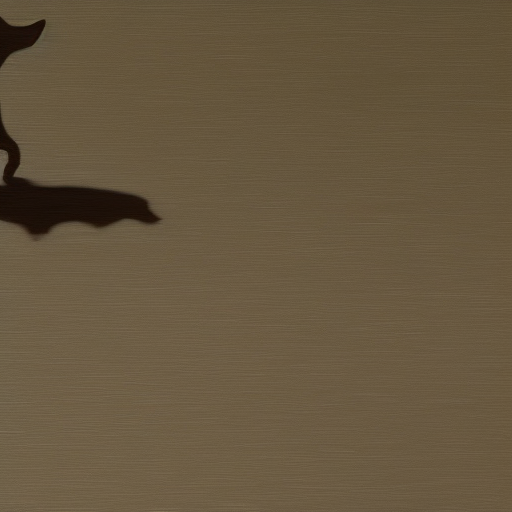Dogville (2003) – A Tale of Betrayal and Exploitation in a Small Town
Main Cast and Crew:
- Director: Lars von Trier
- Writer: Lars von Trier
- Key Actors: Nicole Kidman as Grace, Paul Bettany as Tom Edison, Patricia Clarkson as Vera, Stellan Skarsgård as Chuck, Lauren Bacall as Ma Ginger, Ben Gazzara as Jack McKay
- Music Director: Varios
- Director of Photography: Anthony Dod Mantle
- Producers: Vibeke Windeløv, Peter Aalbæk Jensen
Plot:
In the small town of Dogville, the mysterious and beautiful Grace seeks refuge from a group of gangsters. Tom Edison, a young man from the town, convinces the skeptical residents to shelter her. In return, Grace agrees to work for the community, performing various tasks. As time passes, the townspeople begin to exploit Grace’s vulnerability, subjecting her to physical and emotional abuse.
Grace’s relationship with Tom becomes complicated when she falls in love with him, unaware of his secret affections for her. The town’s residents, driven by their own desires and prejudices, continue to manipulate and mistreat Grace. The situation escalates when the gangsters return, demanding her capture.
As Grace’s situation worsens, she realizes the true nature of the town and its inhabitants. In a shocking turn of events, she decides to take revenge on those who have betrayed her, forever changing the dynamics of Dogville.
Themes and Motifs:
Dogville explores themes of power, exploitation, and human nature. The film critiques the hypocrisy and cruelty that can exist within seemingly idyllic communities. It delves into the dark side of human behavior, questioning the morality of society and the capacity for redemption.
The movie also examines the concept of forgiveness and the consequences of revenge. Grace’s transformation from a vulnerable victim to a vengeful force challenges the audience’s perception of justice and morality.
Reception and Legacy:
Upon its release, Dogville received mixed reviews from critics. Some praised Lars von Trier’s bold and innovative storytelling, while others found the film’s experimental style and minimalist set design off-putting. Despite the polarizing reactions, the movie sparked discussions about its themes and the director’s unique approach.
The film’s impact on cinema cannot be understated. Its use of a bare stage and chalk outlines to represent the town of Dogville challenged traditional filmmaking conventions. Dogville also showcased Nicole Kidman’s exceptional acting skills, solidifying her reputation as one of the industry’s finest talents.
Although controversial, Dogville has become a cult classic and remains a significant entry in Lars von Trier’s filmography. Its thought-provoking narrative and unflinching portrayal of human nature continue to resonate with audiences.
Recommendation:
Dogville is a challenging and provocative film that pushes the boundaries of traditional storytelling. It is recommended for viewers who appreciate thought-provoking cinema and are open to unconventional narratives. However, due to its dark themes and explicit content, it may not be suitable for sensitive audiences.
Memorable Quote:
“You know, in the end, you’re just an evil little bitch with too much money and too many ideas. But hey, maybe I’m just the same. Maybe I’m just an evil little bitch with too much money and too many ideas.” – Grace












